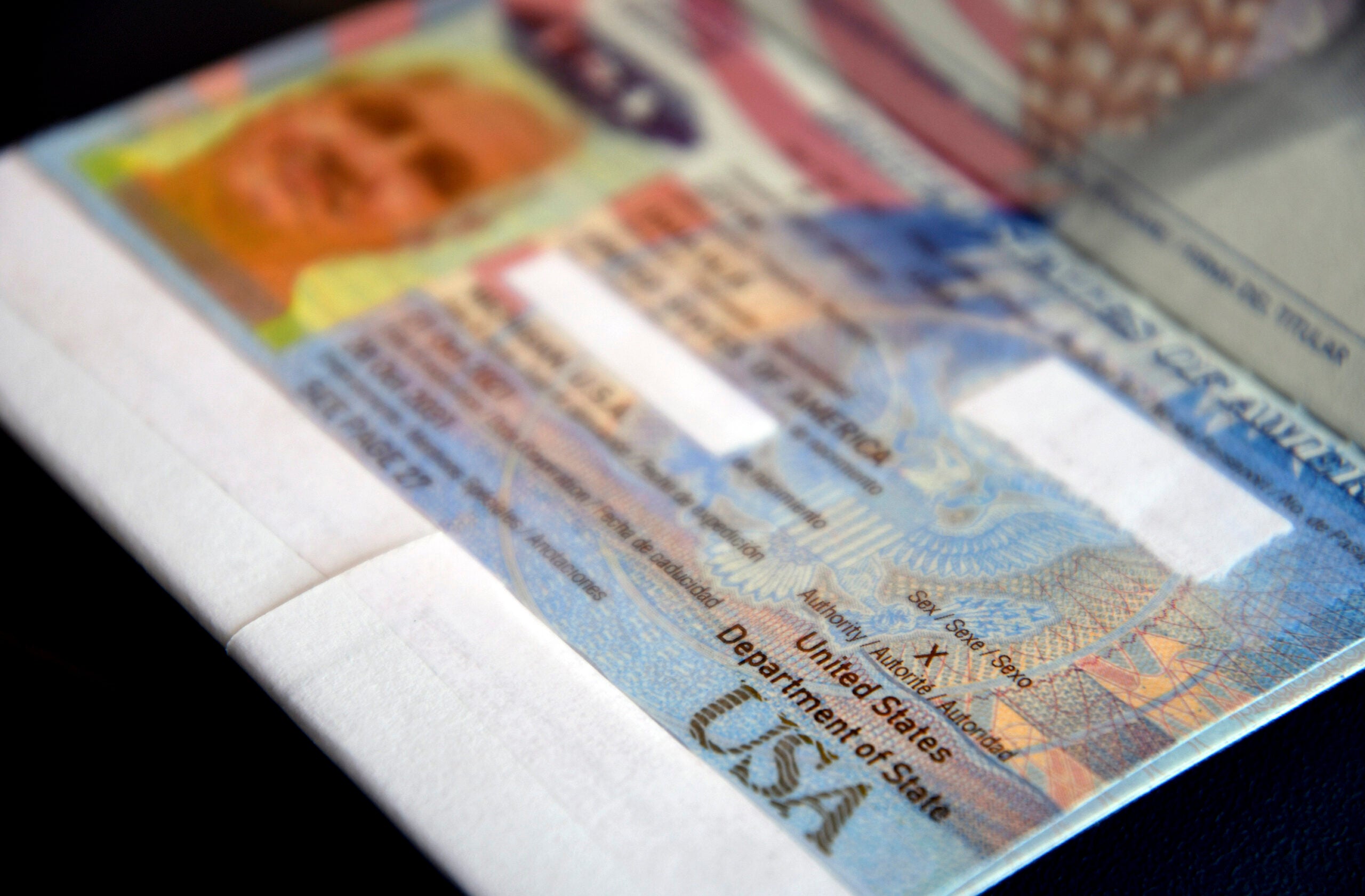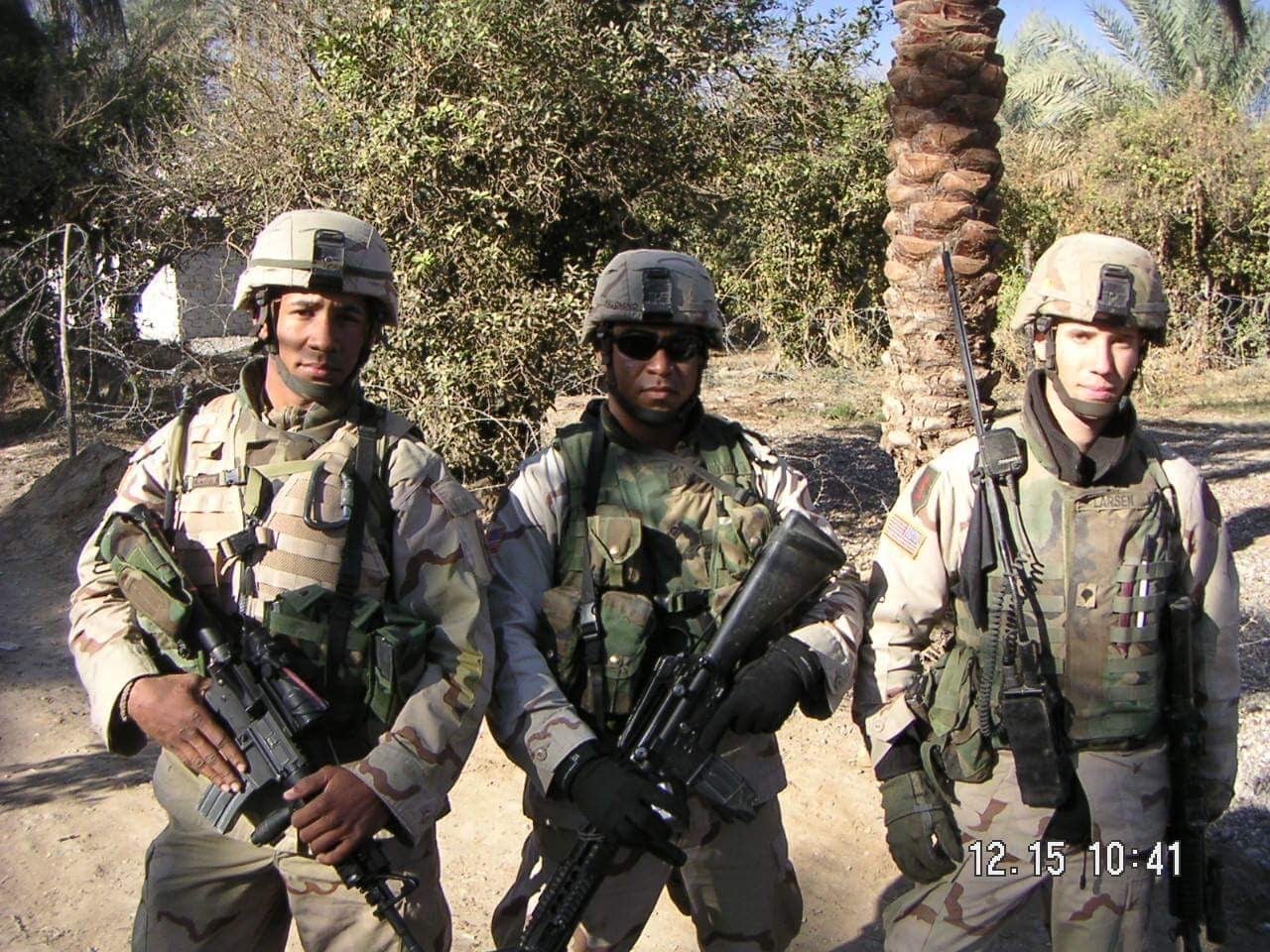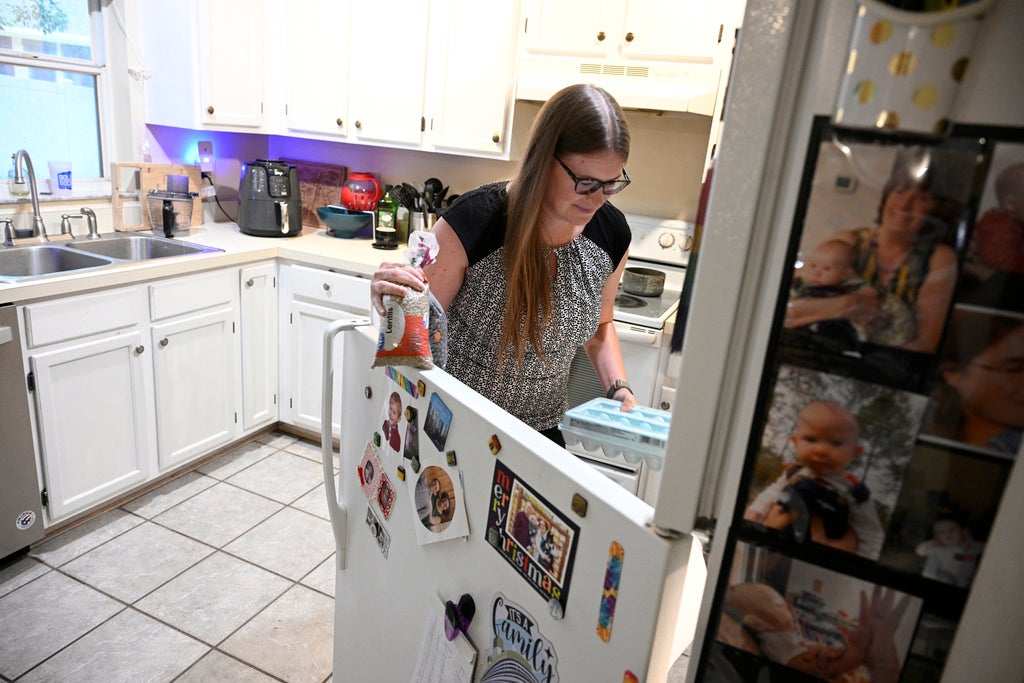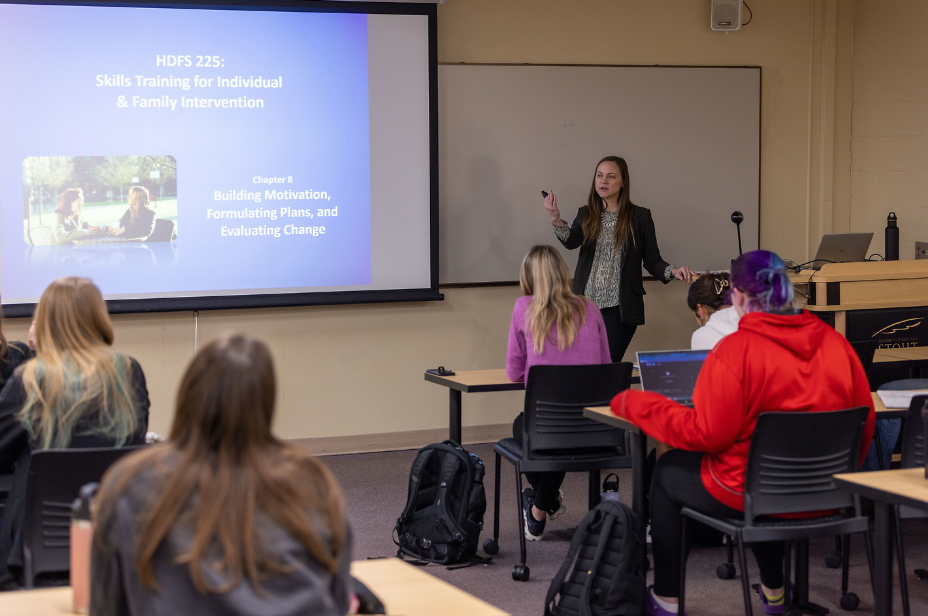Household chores can certainly be the last thing you and your partner want to do after a long day at work. Those tasks – and how couples handle them – can significantly affect the health and length of a relationship, per a recent report. Join us as we talk to the lead author of the study about gendered division of housework, and about the effects of sharing the workload versus not doing so.
Featured in this Show
-
Study: Couples Share Chores More, But Along Gender Lines
Who does the dishes in your household?
The answer to that question is more important than you’d think. According to new research, it’s sharing who does the dishes — more than any other household chore — that coincides with a couple’s well-being.
“They fought less often, they were less likely to think about breaking up, they were less likely to be engaging in physical arguments,” said Dan Carlson, one of the lead authors on the study. “They had the highest rated relationship satisfaction, and they tended to report more sexual intimacy, they were more satisfied with their sexual relationships.”
Carlson is an assistant professor of family and consumer studies at the University of Utah. He says research has often looked at how the division of household labor affects relationships. But few studies have looked at how housework, depending on the individual task, affects relationship quality.
According to a 2012 study, couples today are more willing to share household duties than ever before. Men are more likely to pitch in — they perform on average four hours per week of housework, compared to just two hours in 1965.
That figure — four hours — has been steady since the ’90s, Carlson said.
But when Carlson and other researchers looked at daily housework divided by the task, they found that the chores men and women were more likely to do were sharply divided by gender.
Men were most likely to do the shopping and cooking for the household.
“You could say that these are the least onerous ones. These are the ones that might be the most pleasurable to do,” Carlson said. “Shopping gets you out of the house, you get to run around. Cooking — a lot of people people love cooking.”
Women, on the other hand, were more likely to do the tasks considered less pleasurable — like cleaning the house and doing the laundry.
In general, Carlson said, when couples feel like their household chores are equally divided, they’re more likely to feel happy about the relationship. But as the researchers interviewed couples, they noticed that there was a lot of disagreement.
“Men are far more likely to say that they are sharing tasks with their partners than women are,” he said. “Women are far more likely to say they are shouldering the majority of it.”
Part of that, he said, could have to do with gender socialization from a young age. Boys aren’t generally socialized for housework as they grow up, because it’s traditionally not a man’s role. They’re not given Easy Bake Ovens or tiny play vacuum cleaners like girls are.
So some men may not realize they’re not doing much, because they’re not taking responsibility for the tasks in their minds, Carlson said.
The study found that nothing created gender divisions for chores like parenthood. Couples who become parents are much more likely to divide housework more traditionally, with women shouldering most of it.
By comparison, Carlson said, same-sex couples are far more likely to share housework than heterosexual couples.
“They don’t have these gender norms or conventions to just fall back into,” Carlson said. “Heterosexual couples often find themselves, without thinking about it, often just kind of falling back into these cultural patterns of what men do and what women do.”
Data for the study was collected from interviews of 2,628 people in the early 1990s, and 932 people in 2006. Researchers looked at how division of housework was related to six different outcomes: sexual frequency, sexual satisfaction, relationship satisfaction, relationship trouble, discussed separating and physical arguments.
Episode Credits
- Kate Archer Kent Host
- Breann Schossow Producer
- Dan Carlson Guest
Wisconsin Public Radio, © Copyright 2025, Board of Regents of the University of Wisconsin System and Wisconsin Educational Communications Board.






